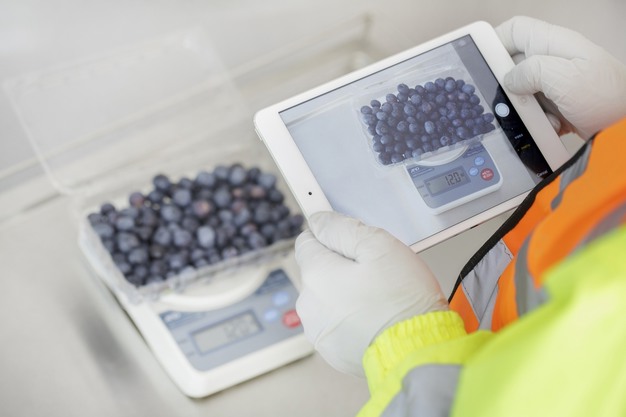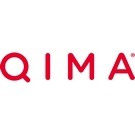Competition in the global fruit market is growing sharper, and growers must focus on quality, have accurate information, and make quick decisions to stand out. Developing more resistant varieties, managing post-harvest life, and analyzing market trends are now key factors in achieving better returns.
In this context, Qima has positioned itself as a strategic partner for exporters and importers. With a presence in over 100 countries and a team of more than 5,000 employees, the company provides inspections, certifications, and surveys that support clients from the field to the final consumer. "We can carry out inspections at origin, such as in Chile, Peru, or Mexico, and also at destination, whether in the United States, Europe, or Asia," stated Javier Saavedra, the company's Sales Manager.
 © Qima
© Qima
The company is also recognized by shipping lines and insurance companies for its expertise in managing claims and addressing cases of damage, delays, or loss of the cold chain, thereby helping clients protect the value of their products.
According to Juan Pablo Caballero, Qima's Sales Director, differentiation in today's market depends on the quality and condition of the fruit. "Trade windows have shrunk, and origin is no longer enough. Today, the winner is whoever gets their fruit to arrive in perfect condition."
 © Qima
© Qima
With this goal in mind, Qima combines its experience with cutting-edge technology. The company uses advanced equipment, specialized software, and artificial intelligence applications that provide nearly real-time data on the condition of the fruit. This information enables customers to sort batches by quality, determine which markets to target for each product, and manage shipments more efficiently.
"The sooner our customers know the condition of their produce, the better decisions they can make," says Saavedra. For example, if a batch has less firmness, it is recommended to send it to nearby markets or expedite its distribution. In contrast, fruit with a longer post-harvest life can be sent to more distant destinations, thereby optimizing logistics and returns.
 © Qima
© Qima
Qima handles 60% of global blueberry inspections, giving it the most comprehensive database in the industry. This data is especially important during a season with high temperatures in Peru, which affects fruit firmness, and intense competition from Chile and the United States. "In addition, varietal change and selecting less acidic and more resistant fruits allow better adaptation to consumer demands and logistical requirements."
The company also sees great potential in Asia. "Currently, it only accounts for 10% of Peruvian shipments and 5% of Chilean shipments, but it is a market that values quality and pays more attractive prices," they concluded.
 For more information:
For more information:
Javier Saavedra and Juan Pablo Caballero
Qima
Vitacura - Chile
Tel.: +56 9 5257 4018
Email: [email protected]
www.qima-produce.com
